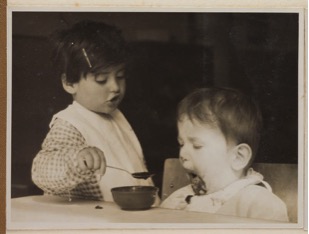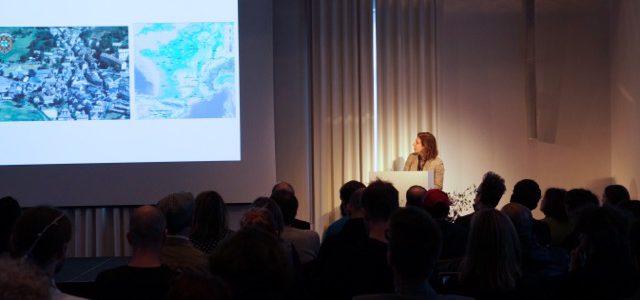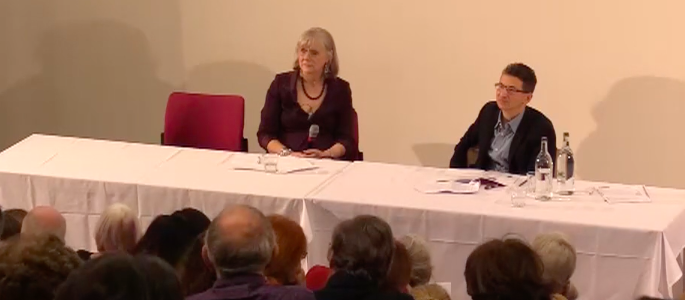Jennifer Crane explores how gifted children were imagined as potential peacetime leaders, or as dangerous future citizens who might use their unique talents to subvert authority.
Posts By: ubsmar004
UKRI Future Leader Fellow
States of Security: John Bowlby, Child Psychology, and National Security in the Cold War
How did child psychologists contribute to the Cold War discourse of “National Security”? Carolyn Laubender discusses the relationship between John Bowlby’s attachment theory and larger political anxieties about the protections offered by the nation state.
Conference Programme: Decolonising Madness?
This conference aims to contribute to the debate on the universality and cross-cultural applications of the notions of mental health and illness by exploring the historical origins and development of the notion of ‘global psyche’ and transcultural psychiatry.
Do Good Enough Mothers Make Good Enough Democracy?
As Emma Smith’s Wunderblock opens at the Freud Museum London, we publish here one of the texts by the Hidden Persuaders team that informed the development of the exhibition.
Wunderblock: A New Exhibition at the Freud Museum

An exhibition of new work at the Freud Museum London, 6 March- 26 May 2019, by artist Emma Smith, drawing on original research by the Hidden Persuaders Project.
Psychological Warfare and Cold War Science
We interview Audra Wolf about her new book, Freedom’s Laboratory: The Cold War Struggle for the Soul of Science.
On Racial Judgment
David Theo Goldberg, director of the University of California’s Humanities Research Institute, on hidden assumptions about race in the policing and judgment of crime.
Rosser Reeves and the Death of Motivational Research
Advertising executive Paul Feldwick reflects on the history of his profession’s entanglement with psychology and hidden persuasion.
Disalienation: Philosophy, Politics, and Radical Psychiatry in France

In this lecture, hosted by the Hidden Persuaders project and the Berlin Institute for Cultural Inquiry, Camille Robcis explores the intersections of politics, philosophy, and radical psychiatry in 20th century France.
‘Free Associations? Psychoanalytic History, Democracy and the State We Are In’

What is ‘the state we are in’? In this wide-ranging lecture, Daniel Pick reflects upon the history of psychoanalysis, politics and democracy.


